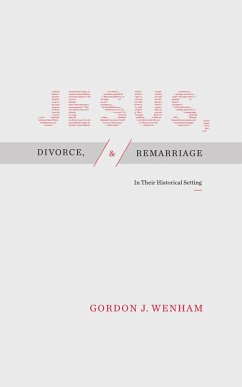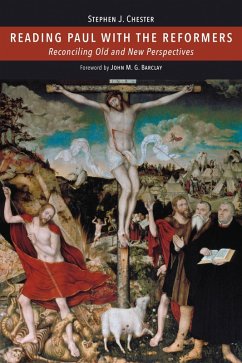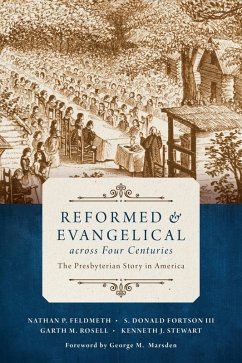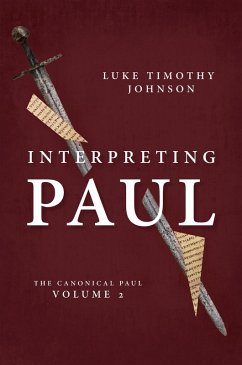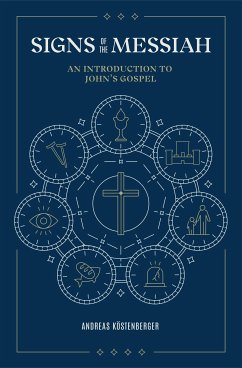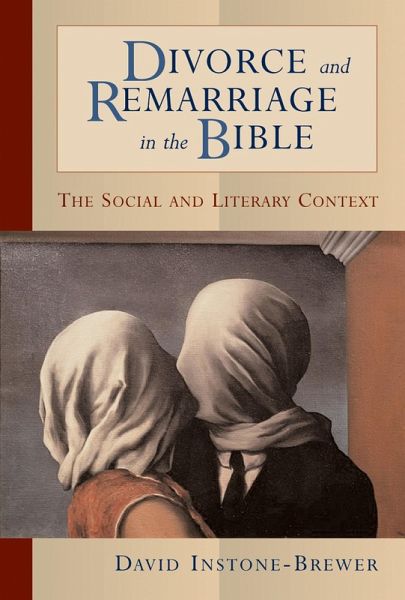
Divorce and Remarriage in the Bible (eBook, ePUB)
Versandkostenfrei!
Sofort per Download lieferbar
27,95 €
inkl. MwSt.
Weitere Ausgaben:

PAYBACK Punkte
14 °P sammeln!
To many, the New Testament's teaching on divorce and remarriage seems to be both impractical and unfair. The "e;plain"e; meaning of the texts allows for divorce only in cases of adultery or desertion, and it does not permit remarriage until the death of one's former spouse. But are these proscriptions the final word for Christians today? Are we correctly reading the scriptures that address these issues?By looking closely at the biblical texts on divorce and remarriage in light of the first-century Jewish and Greco-Roman world, this book shows that the original audience of the New Testa...
To many, the New Testament's teaching on divorce and remarriage seems to be both impractical and unfair. The "e;plain"e; meaning of the texts allows for divorce only in cases of adultery or desertion, and it does not permit remarriage until the death of one's former spouse. But are these proscriptions the final word for Christians today? Are we correctly reading the scriptures that address these issues?By looking closely at the biblical texts on divorce and remarriage in light of the first-century Jewish and Greco-Roman world, this book shows that the original audience of the New Testament heard these teachings differently. Through a careful exploration of the background literature of the Old Testament, the ancient Near East, and especially ancient Judaism, David Instone-Brewer constructs a biblical view of divorce and remarriage that is wider in scope than present-day readings.Among the important findings of the book are that both Jesus and Paul condemned divorce without valid grounds and discouraged divorce even for valid grounds; that both Jesus and Paul affirmed the Old Testament grounds for divorce; that the Old Testament allowed divorce for adultery and for neglect or abuse; and that both Jesus and Paul condemned remarriage after an invalid divorce but not after a valid divorce. Instone-Brewer shows that these principles are not only different from the traditional church interpretation of the New Testament but also directly relevant to modern relationships.Enhanced with pastoral advice on how to apply the biblical teaching in today's context, this volume will be a valuable resource for anyone seeking serious answers about married life.




